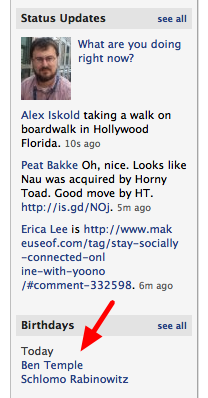If you’re looking to engage in online conversations with a wide variety of people in different circumstances, it’s important to recognize that the playing field is not level. Though blogging software lowered the technical barriers to participation, there remain substantial political and cultural issues that complicate adoption of these kinds of technologies by people with particular life experiences.
Two important opportunities to learn about these issues are in the news right now. Please check out this article on Silicon Alley Insider (and follow the links) and check out the Blogher conference, which will kick off a week from Friday.
Racism and sexism are two of the issues that many people face online. On a strategic level, to draw the lowest kind of analogy, failure to recognize the race and gender realities different people face on and offline is like trying to design a web page without recognizing that different browsers render HTML differently. (Forgive me for the clumsy analogy.) Though users may have free choice between browsers, and people have some choice about their response to race and gender politics, people who are not white and male don’t have much choice about those circumstances. And being “other” than white and male is not “a problem” like using Internet Explorer instead of Firefox – it’s a hell of a lot more complicated than that. Enough with that analogy then.
I bring this up just to say that no matter what your political views may be, trying humbly to understand where other people are coming from will make you a more effective communicator. There are millions of people on the web with millions of different experiences, but the types of experiences we can learn about by paying attention to this conversation and this conference are ones that a large number of people have had. Even if you don’t think it’s a matter of justice, fairness and human goodness (I do), consider learning respectfully how people in different circumstances understand their own lives so that you can be more effective in communicating with them. That will make you more effective at working online.
 I hardly ever log in to
I hardly ever log in to